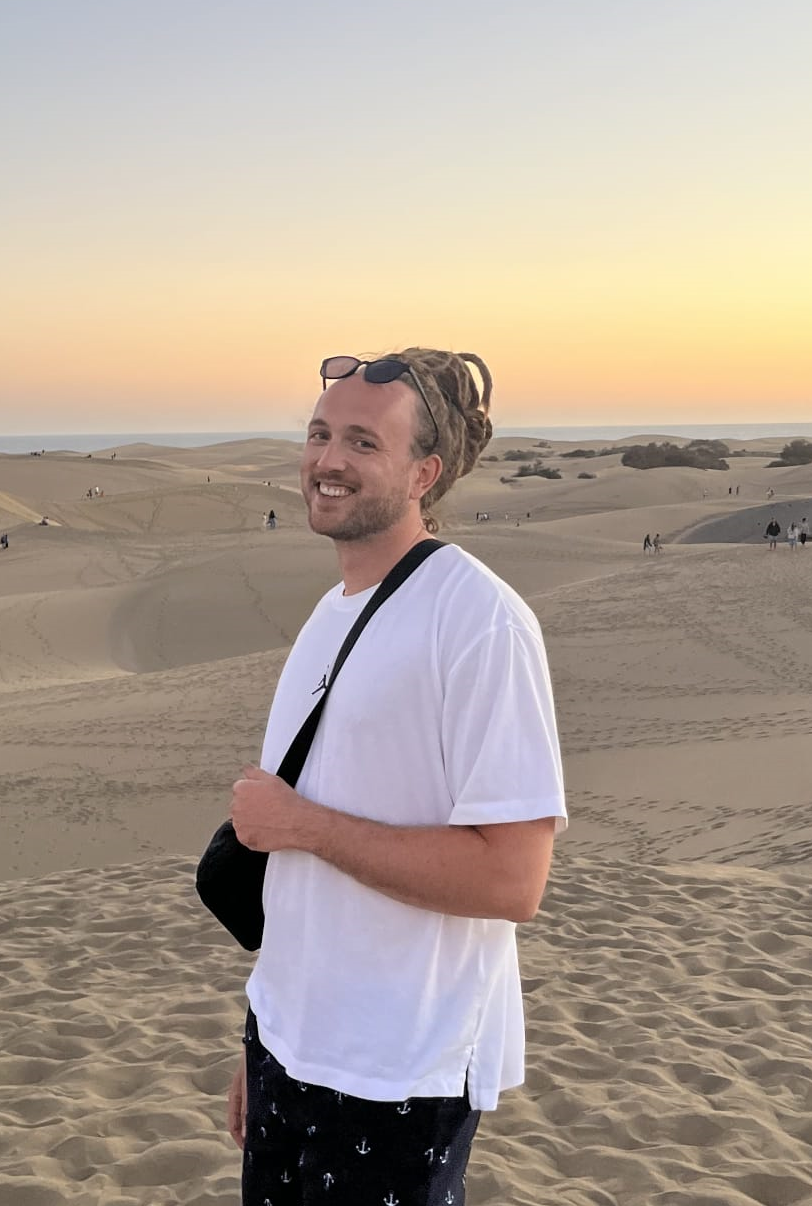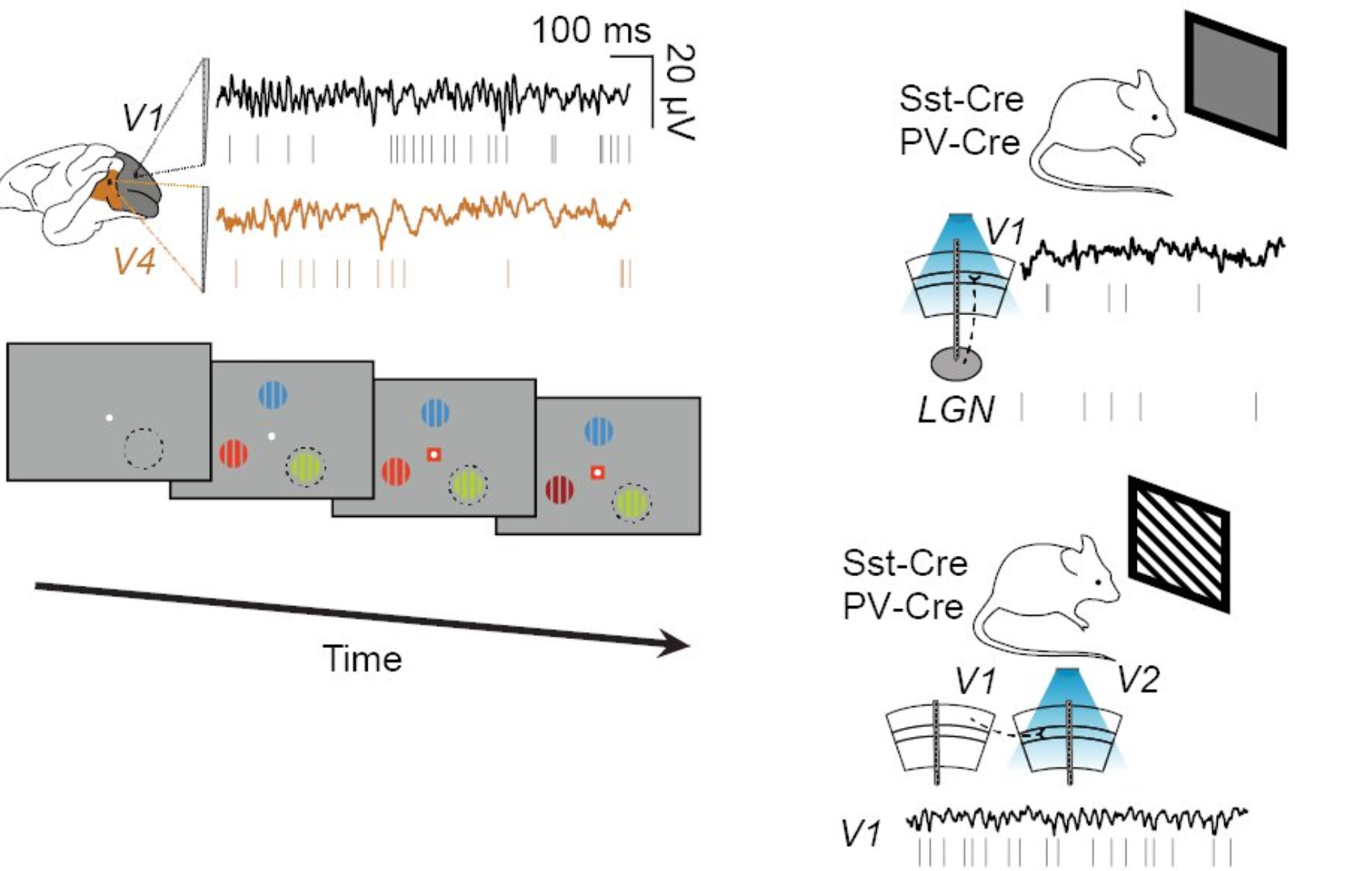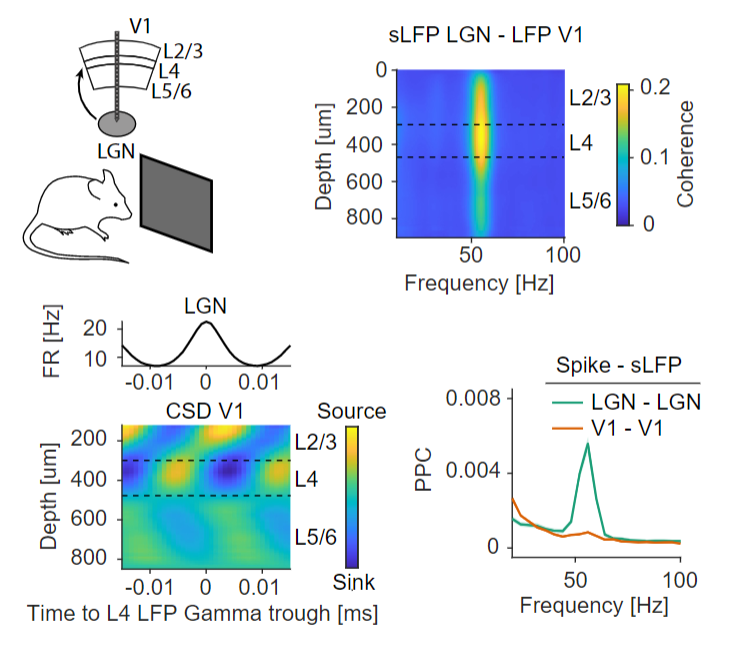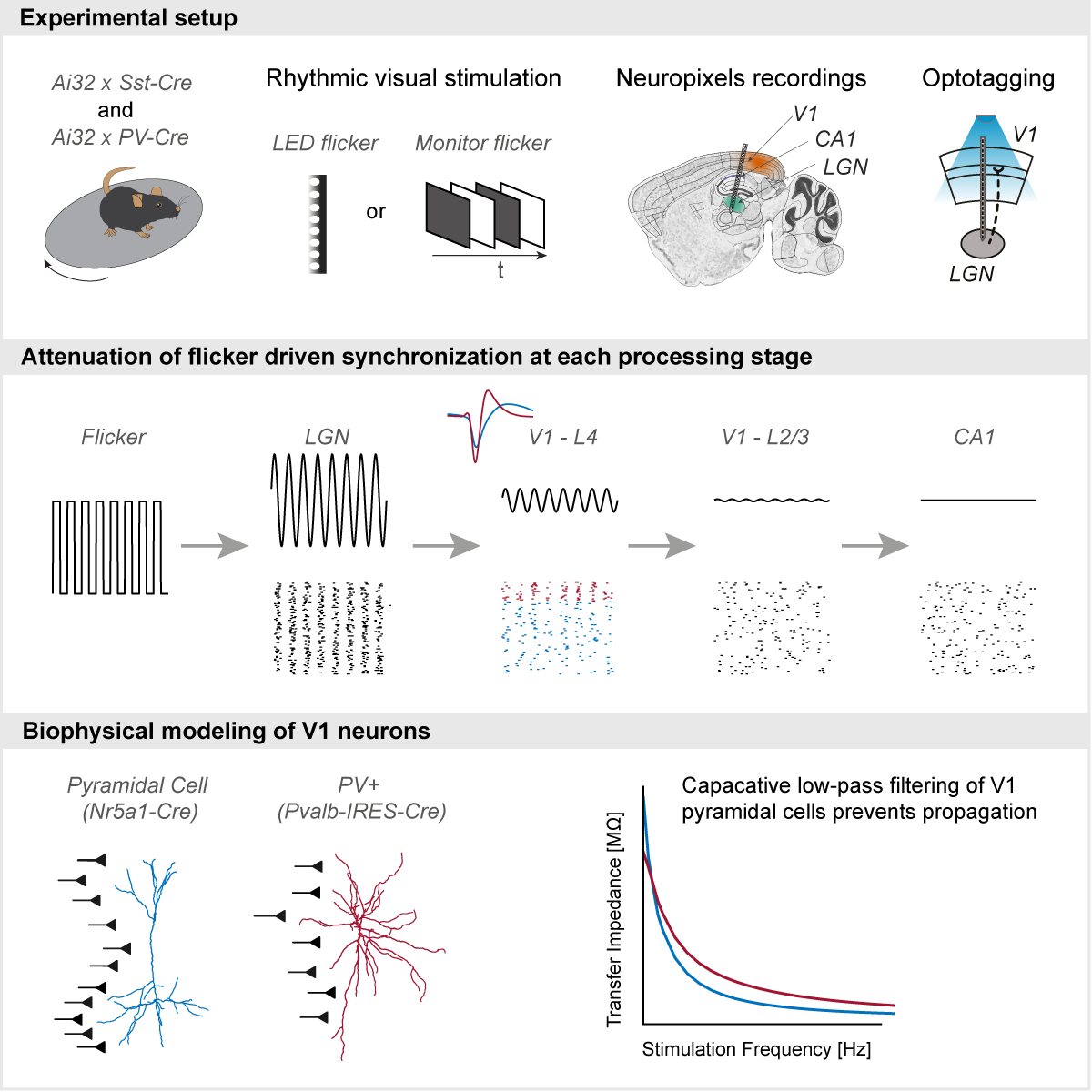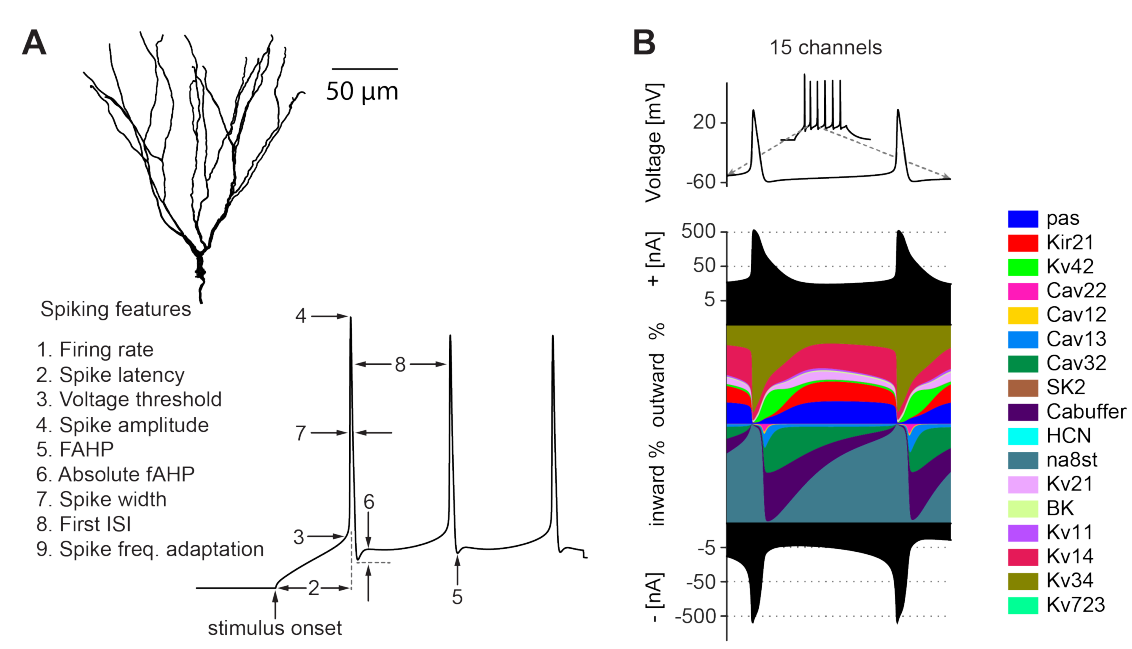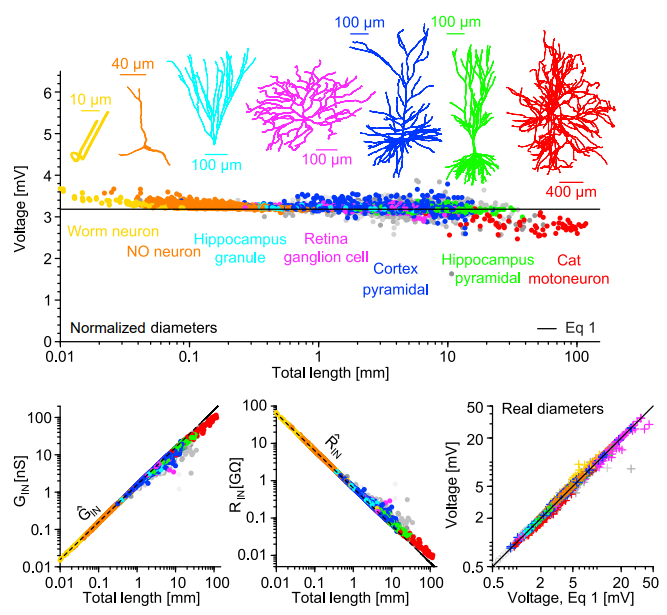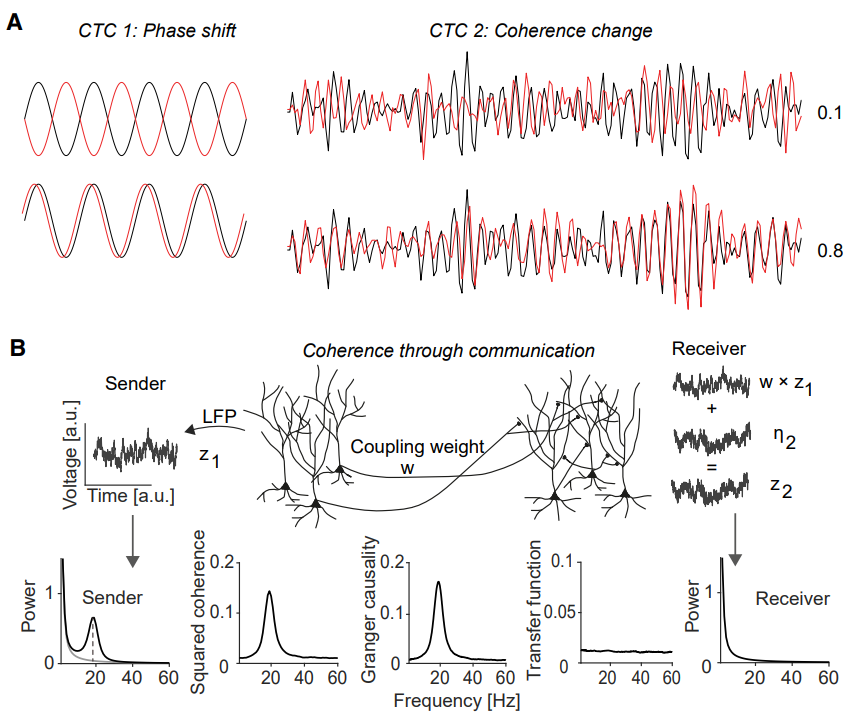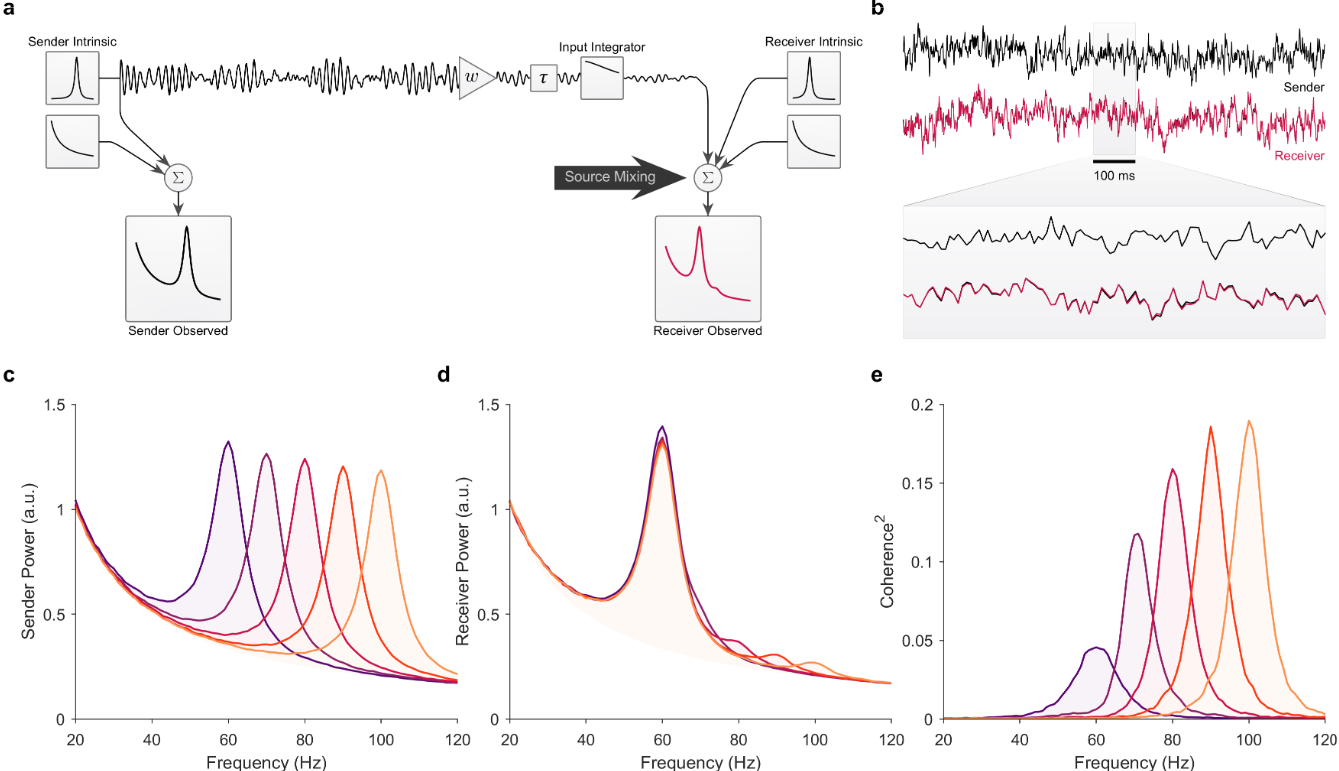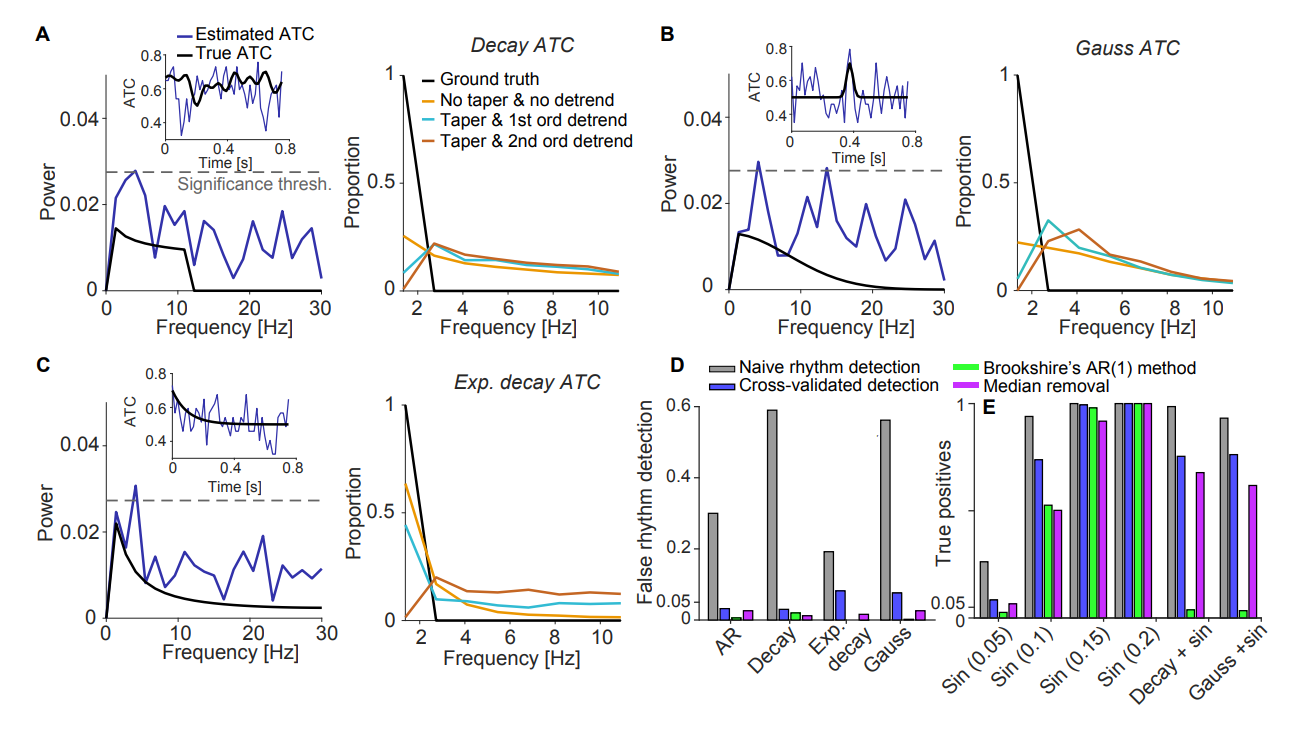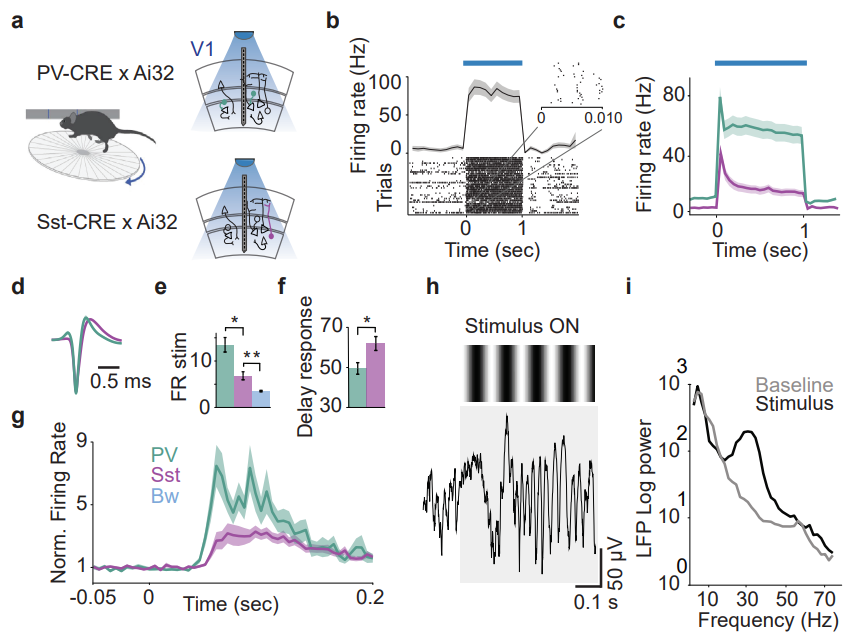I’m Marius Schneider, a postdoctoral researcher in the Bionic Vision Lab at the University of California, Santa Barbara. My research explores how the brain extracts and integrates sensory information from complex, dynamic environments to guide behavior and navigation.
I earned my PhD in Systems and Computational Neuroscience at the Ernst Strüngmann Institute (ESI) for Neuroscience in Frankfurt, affiliated with the International Max Planck Research School (IMPRS) for Neural Circuits. I defended my thesis with highest honors at Radboud University Nijmegen in May 2024. During my PhD, I developed a theoretical model of inter-areal coherence that offers an alternative explanation for widely observed patterns in functional connectivity, contributing to ongoing debates on the role of neural oscillations in communication.
More recently, my research has focused on computation during natural behavior, where I build models that integrate visual input, different behaviors, and neural activity to study how sensory encoding adapts during naturalistic exploration. My long-term goal is to bridge controlled laboratory paradigms with ecologically relevant behavior by developing computational models that reveal how sensory encoding, latent internal states, and ongoing behavior shape each other during real-world interaction with the environment.
Publications
| Distinct feedforward and feedback pathways for cell-type specific attention effects Paper | Preprint | Tweetprint | |
| A mechanism for inter-areal coherence through communication based on connectivity and oscillatory power Paper | Code | Talk | Preprint | Tweetprint | |
| Cell-type-specific propagation of visual flicker Paper | Code | Preprint | Tweetprint | |
| Biological complexity facilitates tuning of the neuronal parameter space Paper | Code | Preprint | Tweetprint | |
| A general principle of dendritic constancy: A neuron’s size-and shape-invariant excitability Paper | Code | Tweetprint | |
| Principles of large-scale neural interactions Paper | |
| Attentional modulation of inter-areal coherence explained by frequency shifts Paper | |
| Aperiodic processes explaining rhythms in behavior: A matter of false detection or definition? Paper | Code | Tweetprint | |
| Distinct roles of PV and Sst interneurons in visually-induced gamma oscillations Paper | Tweetprint |
Teaching
Neuromatch Academy: Computational Neuroscience 20227th Baltic-Nordic School on Neuroinformatics BNN, FIAS Frankfurt am Main, 2019
Undergraduate Mentor, Goethe University, Frankfurt am Main, 2019
Computational Neurobiology, Undergraduate course, Goethe University, Biological Sciences, 2018
Talks
Bernstein Center for Computational Neuroscience, Berlin, Germany, 2022Neuromatch Conference, Zoom, 2021
Mini Projects
IBRO-Simons Computational Neuroscience Imbizo Summer School, Cape Town, South Africa,2022Tweets by Mars_Schneider Follow @Mars_Schneider
